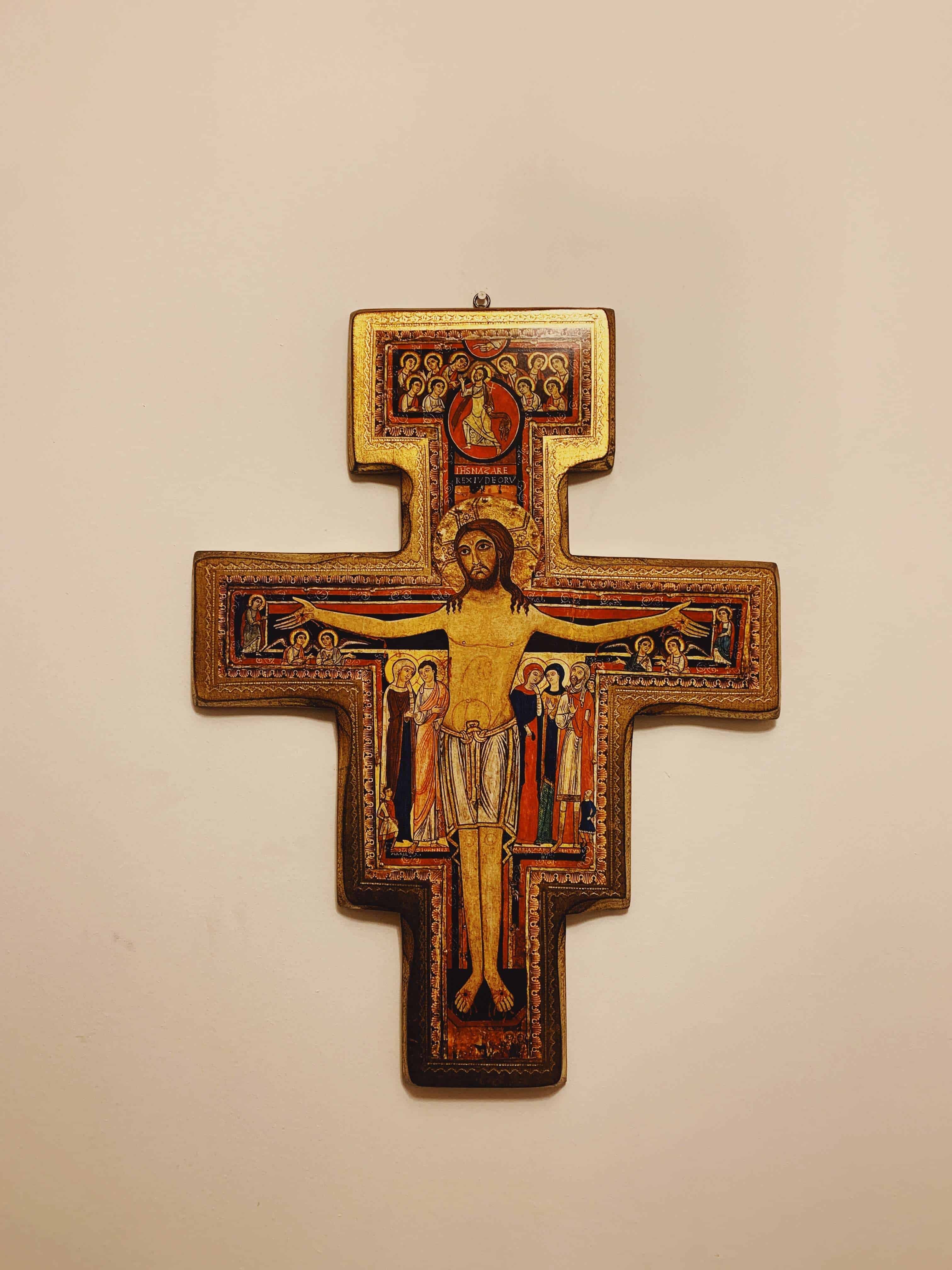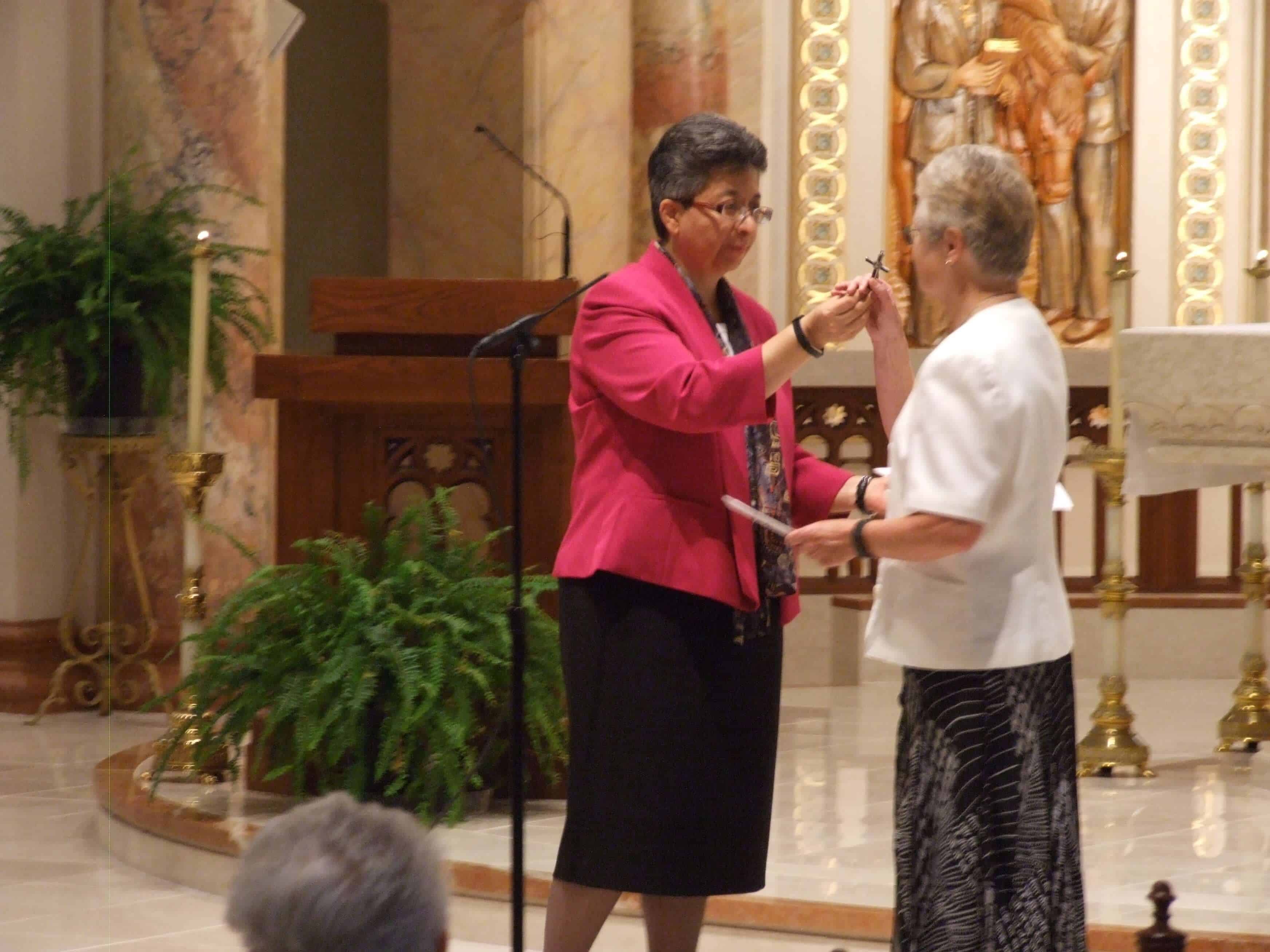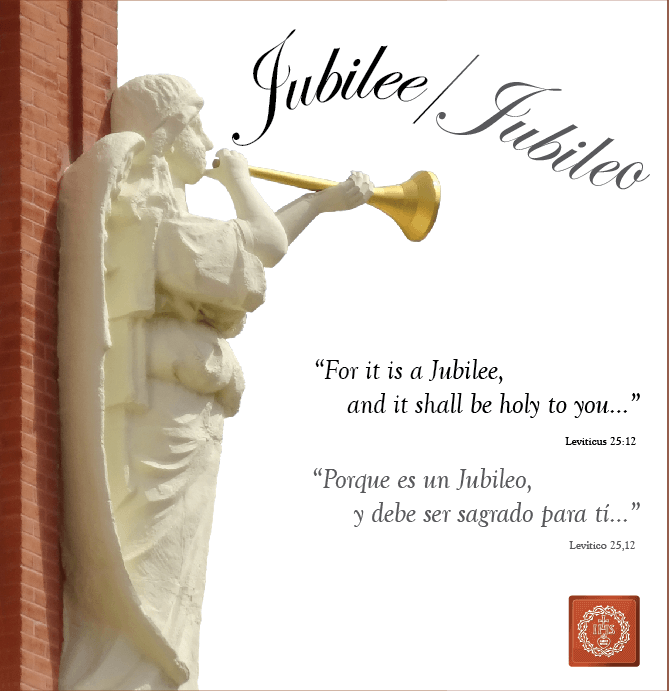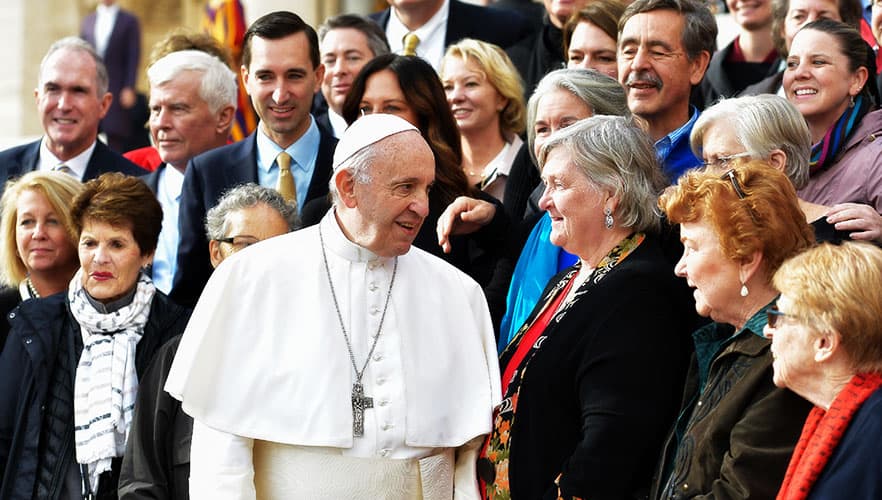Link to download: Sacrament of God
Christ is the Sacrament of the encounter with God. His love is the human form of God’s love. The love of the man Jesus, is the embodiment of the love of God. The acts of Jesus are acts of God, sacramental acts that mean the gift of salvation.
The Incarnate Word, Sacrament of God.
We are situated in a world of meaning. The beings with whom we share the universe not only exist, but contain and communicate something else. This is symbolically expressed by the author of Genesis:
Yaweh created the woman and “brought her before the man.” At that moment, love began and with it language, smile, culture, economy, politics, fun; all of that specifically human world exists thanks to the symbolic structure of the person. Our internal experiences can only be shared through the symbolic activity that translates our interior into external signals. The same can be said in regard to the experience of God.
Christ is the Sacrament of the encounter with God. His love is the human form of God’s love. The love of the man Jesus, is the embodiment of the love of God. The acts of Jesus are acts of God, sacramental acts that mean the gift of salvation.
Jesus is the sacrament par excellence, because this son of God, is destined by the Father to be, in his humanity, access to salvation. “Just as there is only one God, there is also a single mediator between God and men, Jesus Christ” ( Tim. 2, 5).
The meaning of the Son’s mission on earth is the revelation of God’s merciful and redeeming love.
To be a person is to become a person, a reality that grows throughout the life of Jesus and that reaches its climax at the supreme moment of the Incarnation: the death, resurrection and glorification of Jesus.

Photo by Mohamed Awwam on Unsplash
Christ, by his life of love on earth and by his obedience to death, obtained for us the grace of redemption, that, once glorified at the right hand of the Father, can communicate us abundantly in his capacity as Christ and Lord. (Phil 2,6-11).
“On many occasions and in many ways God spoke to our parents in the past, through the prophets, now in this last stage he has spoken to us through his Son” (Heb. 1, 1-2).
In Jesus, his son, God is given to us as Father. His closest representation is found in that father of the son who fled, in the shepherd who anxiously searches for the lost sheep, in the housewife who seeks until she finds the lost coin. God behaves in an unreasonable way; he cares more for the prodigal son than for the perfect son; He is with the publican and not with the Pharisee; with the Samaritan and not with the priest or the Levite. Therefore, to reveal ourselves to God, Jesus behaved in the same way.
This God, hidden in human fragility, is not found by those who live installed in power or locked in religious security. It is revealed to those who, guided by small lights, tirelessly seek hope for the human being in the tenderness and poverty of life.
Questions for Reflection
- How is God for me?
- How does Jesus reveal the Father to me?
- How am I the merciful presence of the Incarnate Word where God has sent me?
By S. Aurora Isabel Ramírez.









0 Comments